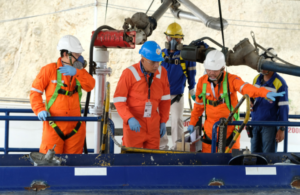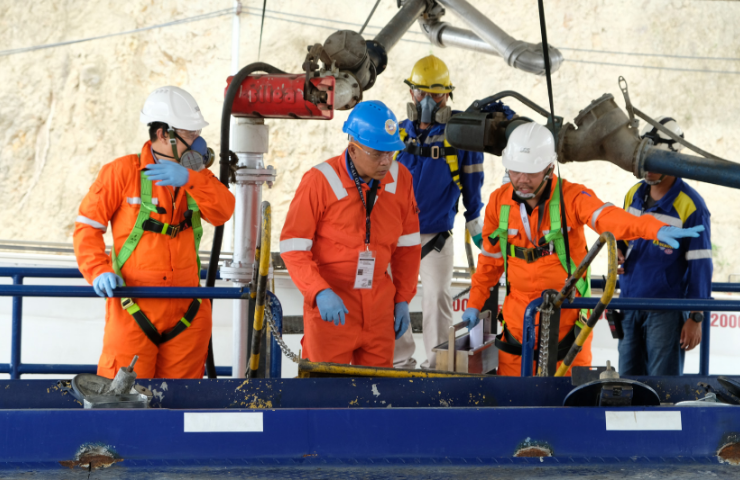
The Philippine government has marked a total of 14.04 billion liters of fuel from September 2019 through October 15, 2020 under its fuel marking program, in the process collecting over P143.31 billion in duties and taxes.
Of the total collection, P124.07 billion was collected by the Bureau of Customs (BOC), while P19.24 billion was collected by the Bureau of Internal Revenue (BIR), according to the Department of Finance.
The bulk of the fuel marked, or about 8.69 billion liters, was diesel. This was followed by 5.28 billion liters of gasoline and 73.98 million liters of kerosene.
In terms of location, majority of the marked fuel, or 10.42 billion liters, was in Luzon, while 2.94 billion liters were in Mindanao, and 684.6 million in the Visayas.
Twenty oil firms participated in the program, with Petron leading at 3.18 billion liters or a 22.65% share of the total. It was followed by Shell with 2.806 billion liters or 19.99% share; Unioil with 1.477 billion liters or 10.52%; Seaoil with 1.23 billion liters or 8.76%; and Chevron with 1.205 billion liters or 8.58%.
The 15 other companies that joined were Phoenix Petroleum Philippines, Inc.; Insular Oil Corp.; Total Philippines; Jetti Petroleum, Inc.; PTT Philippines Corp.; Filoil Energy Co., Inc.; Marubeni Philippines Corp.; Micro Dragon Petroleum, Inc.; Warbucks Industries Corp.; Goldenshare Commerce and Trading, Inc.; High Glory Subic International Logistics, Inc.; Era1 Petroleum Corp.; SL Harbor; Jadelink Subic Inc.; and SL Gas.
Marking of fuel products, whether imported or manufactured in the Philippines, will become mandatory five years after the Tax Reform for Acceleration and Inclusion (TRAIN) law took effect January 2018. Fuel marking aims to curb oil smuggling and plug revenue losses arising from the illegal importation or misdeclaration of petroleum products.
READ: Oil firms to pay fuel marking fees from Sept 4
Last September 4, BOC and BIR started collecting fuel marking fees for all manufactured, refined and imported petroleum products. The collection of the marking fees comes as the one-year coverage of costs by the government ended this month.





